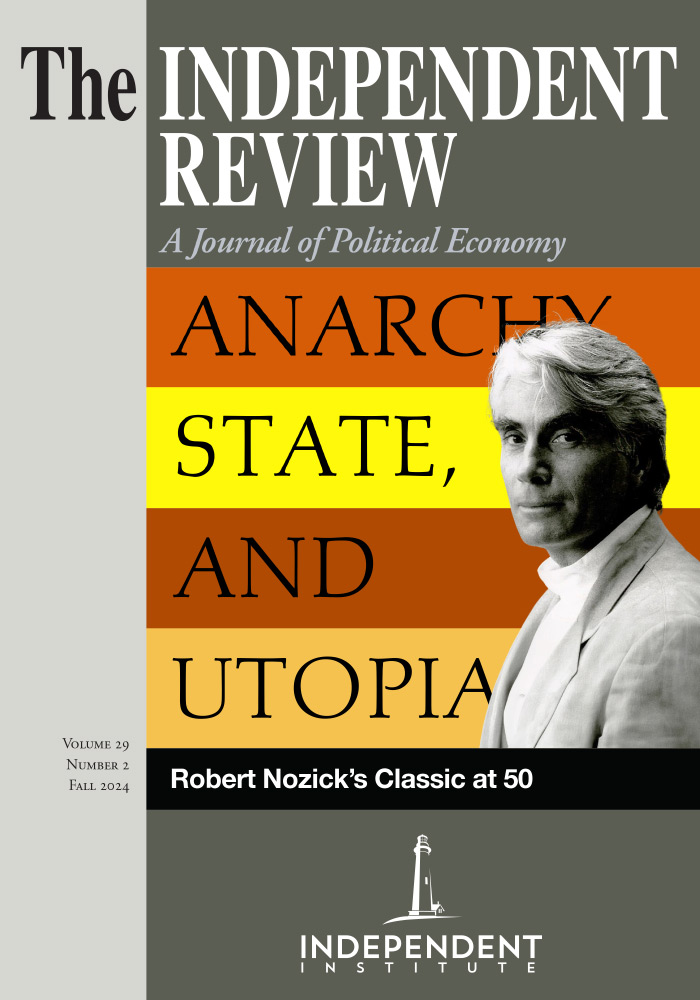This paper explores important criticisms of behavioral economics that arise from models of ecological rationality. Ecological rationality has been developed by experimental economists, behavioral scientists, game theorists, psychologists, cognitive scientists, and artificial intelligence theorists. These researchers all share the idea that behavior is always relevant to the environment and, thus, decision making is adapted to the particular environment’s constraints, either as a mechanism built in by evolution and/or as a skill acquired by learning.
This full text of this article will be available on this page nine months after its initial print publication. To read it now, please buy this issue in print or downloadable eBook & PDF format, or in the Independent Review app on iOS or Android, or on Magzter which offers digital access on smartphones, tablets, and web browsers.
Yulie Foka-Kavalieraki is a postdoctoral researcher in the Department of History and Philosophy of Science at the National & Kapodistrian University of Athens.









